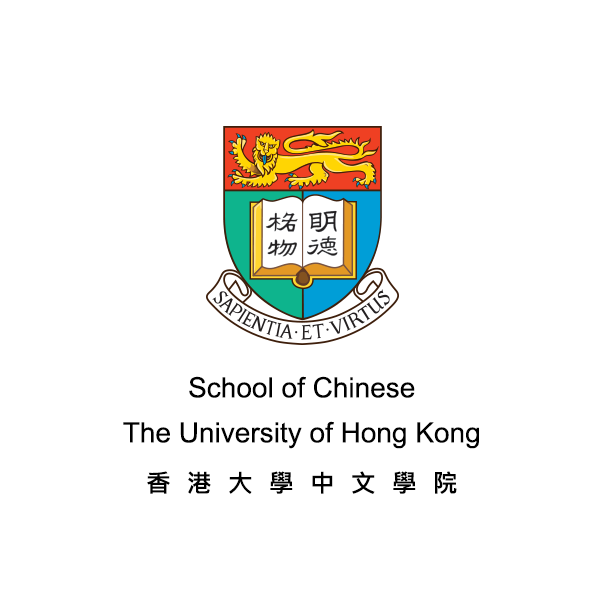Scholarship of Statecraft during the Qian-Jia Period: Background and Intentions of Bi Yuan’s Annotation of Mozi
2016/2017 School of Chinese Research Students Seminar
乾嘉時期的經世之學:畢沅《墨子注》之著述背景及用意
Scholarship of Statecraft during the Qian-Jia Period:
Background and Intentions of Bi Yuan’s Annotation of Mozi
劉訓茜 Liu Xunqian
Date and Time: April 21 2017 (Friday), 5:30-6:45pm
Venue: Room 730, Run Run Shaw Tower, Centennial Campus
Language: Putonghua
以往學界在討論近代墨學復興時,多將清中葉的墨學萌芽,歸因於乾嘉考據學的內在動力。本演講依據相關原始文獻,考察乾隆四十六年(1781)前後,畢沅在陝西巡撫任上,圍繞臨省回亂的處置與善後問題,所面對的嚴峻政治、軍事現實;指出畢沅註解《墨子》,並非特為注經,而是有經世之意。清代甘陝地區回亂的主因在於官員懼怕回民驍勇,處事斷案因循無效;而亂事延續則與政府軍政協調不靈,留守軍隊撤裁過多,善後措施失當等事最有關係。本講希望通過分析畢沅《墨子注》的著述動機,澄清乾嘉漢學與經世之學並非截然對立,並由此對以往晚清經世思想的研究範式進行一定的反思。
Discussion on the revival of Mohist studies in modern China has always attributed the emergence of Confucian scholars’ annotations of the Mozi since the middle of the Qing Dynasty to the inner logic behind the development of evidential scholarship during the reigns of Emperors Qianlong and Jiaqing. Grounded on relevant original sources, this talk presents the adverse political and military circumstances around 1781 resulted from the suppression of the Muslim revolt in Shaanxi province and the subsequent rehabilitation facing Bi Yuan during his office as the provincial governor. It points out that the intention behind Bi’s annotation of the Mozi was more than evidential scholarship: he was seeking a solution for statecraft in a classical work. On the one hand, the main reason behind the revolts by Muslims in Shaanxi and Gansu provinces during the Qing was the inappropriate handling of incidents related to the Muslims by officials who were intimidated by the robustness and recklessness of the Muslim. On the other hand, revolts broke out continuously because of the poor coordination between military and political administrations in the provincial government, the excessive reduction of the stationing army in the provinces as well as improper rehabilitation measures etc. By analysing Bi Yuan’s intention behind his annotation of the Mozi, this talk aims to refute the dichotomy between evidential scholarship and the scholarship of statecraft during the reigns of Qianlong and Jiaqing, and to reflect on the current paradigm of studying the scholarship of statecraft of late Qing.
ALL ARE WELCOME!








